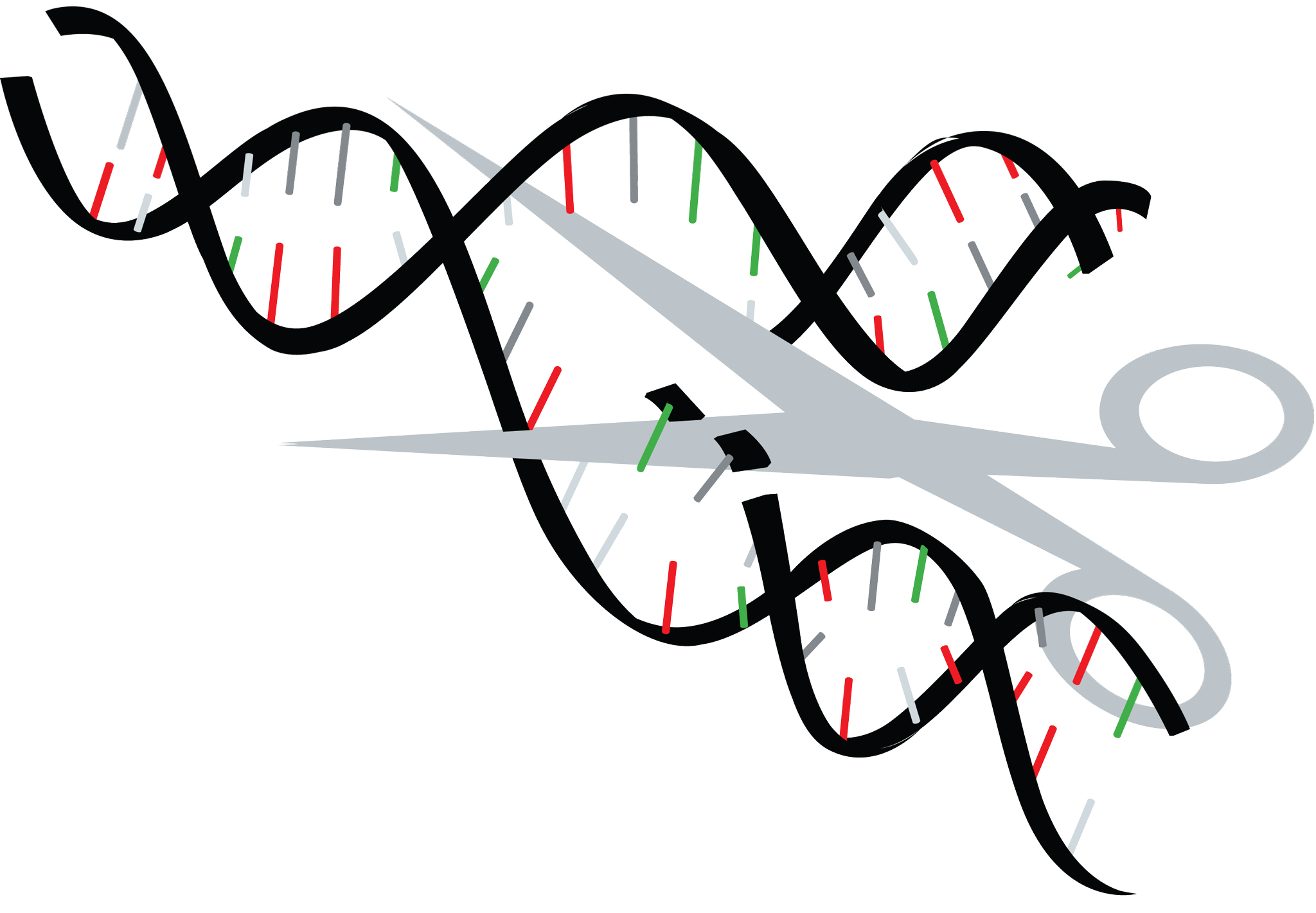
Debate begins over ethics of genetic editing
The same issues as the fight over embryonic stem cells

At the heart of the debate over the use of CRISPR technology for gene-editing is the human embryo. While manipulation of the genomes of plants and animals also raises profound ethical issues, it is the possibility of altering the human genome which generates summits and white papers.
So this week, there was a flurry of activity about the ethics of human genetic engineering.
At the International Summit on Human Gene-Editing in Washington DC this week, convoked by the US science and medicine academies, the UK Royal Society and the Chinese Academy of Sciences, it was apparent that little had changed since 12-round fight over the use of human embryonic stem cells a decade ago. Even the characters had not changed much; some, like George Q. Daley, of Harvard, and Robin Lovell-Badge, from the UK, were leading defenders of human embryonic stem cell research.
The summit concluded that “It would be irresponsible to proceed with any clinical use of germline editing unless and until (i) the relevant safety and efficacy issues have been resolved … and (ii) there is broad societal consensus about the appropriateness of the proposed application.”
No one was willing to treat destruction of embryos as a step too far.
However, there were varying degrees of caution.
As an example of the permissive side, there is Chris Gyngell, Tom Douglas and Julian Savulescu who wrote from Oxford University in the UK. They saw no reason why embryos should not be engineered for research, although they acknowledged that editing for reproduction was not politically feasible at the moment:
In cloning, a distinction between reproductive applications and research enabled clearly beneficial research to proceed while controversial applications were set aside. We propose that the parallel distinction should be drawn, and emphasised, in discussions of GE [genetic engineering]: we should distinguish between the gene editing of embryos for research purposes, and for reproductive purposes. While there is widespread agreement that GE should not be used for reproductive purposes, its use in research should be encouraged.
But they believe that the time is not far off when it could be used for reproduction to avoid serious genetic diseases:
In the future there may be good reasons for us to consider using GE for reproductive proposes. Most immediately, GE could be used to correct mutations which cause simple genetic diseases, such as cystic fibrosis, muscular dystrophy and Tay-Sachs disease.
Representing the restrictive side are the Center for Genetics and Society and the Friends of the Earth, who called for national and international prohibitions on the use of gene editing and synthetic biology to alter human embryos or gametes for reproductive purposes. They also published a long and thoughtful report which places human gene editing into the context of broader developments in synthetic biology. It examines the systemic and commercial incentives to rush newly discovered biotechnologies to market, regardless of their social utility and ahead of appropriate, transparent assessment and oversight.
“Genetic modification of children was recently the stuff of science fiction,” said lead author Pete Shanks, consulting researcher with the Center for Genetics and Society and author of Human Genetic Engineering: A Guide for Activists, Skeptics, and the Very Perplexed. “But now, with new technology, the fantasy could become reality. Once the process begins, there will be no going back. This is a line we must not cross.”
The CGS also organised an open letter signed by scores of scholars, scientists, health practitioners, and public interest advocates. They said:
Experiments with human germline intervention could lead to miscarriage, maternal injury, and stillbirth. Genetically modified children who seem healthy at birth could develop serious problems later in life, some perhaps introduced by purported enhancements. Other harmful consequences of germline modification might only present themselves in subsequent generations. Such outcomes would represent individual tragedies; they could also trigger social backlash against beneficial uses of genetic technologies…
In sum, there is no justification for, and many arguments against, human germline modification for reproductive purposes. We call for a prohibition on such germline modification and a robust and broadly inclusive discussion on the socially responsible uses of this and other emerging genetic technologies.
https://www.bioedge.org/images/2008images/TH_snip.jpg
Creative commons
https://www.bioedge.org/images/2008images/snip-DNA.jpg
CRISPR
genetic editing
genetic engineering
